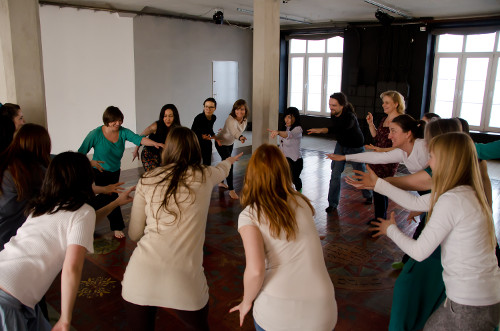 |
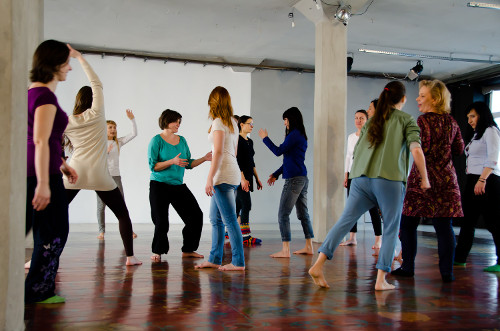 |
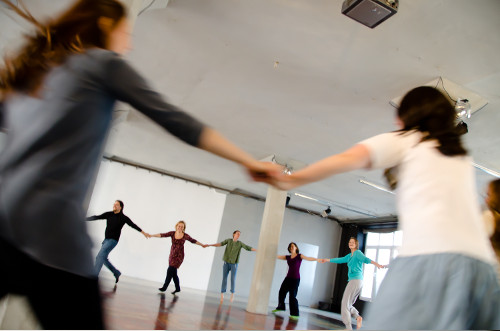 |
Dance Movement Psychotherapy can help those, who:
- regularly avoid expressing your emotions or express them using inadequate words
- experience emotions in such an overwhelming way that expressing them verbally becomes impossible
- reflect your problems in body posture, impaired mobility
- experience constant tension or blocked body areas
- experience problems related to distorted body image
- are unable to experience intimacy, physical contact or trust
- experience emotional problems, internal turmoil or intensive stress
- want to improve their communication skills
 |
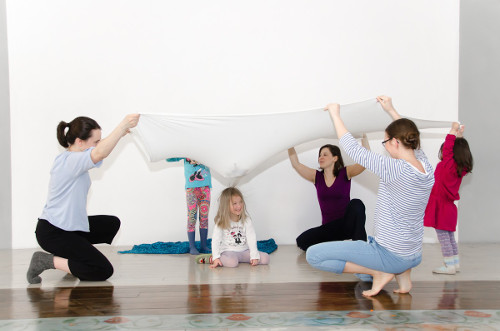 |
 |
This form of therapy may be beneficial to people suffering from:
- hyperactivity disorder
- autism
- depression and anxiety disorder
- neuroses
- eating disorders (anorexia, bulimia, compulsive overeating)
- personality disorders
- mental illnesses (schizophrenia, mania, depression)
- addictions
- MS, Parkinson’s disease, Alzheimer’s disease
- oncological diseases
- epilepsy
- mild mental retardation
- undergoing a personal crisis, bereavement etc.
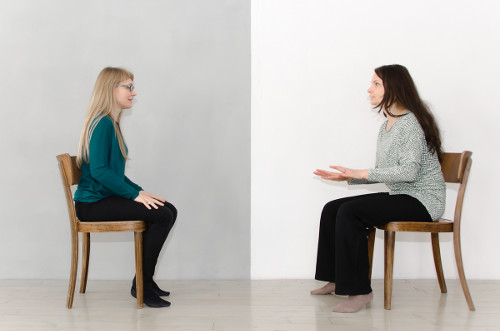 |
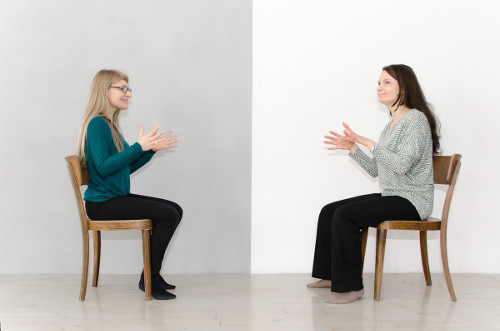 |
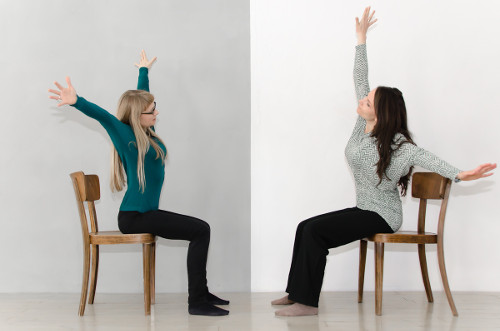 |
Dance Movement Psychotherapy is used with:
- groups and individually
- couples and families
- adults
- children
- teenagers
- the elderly


